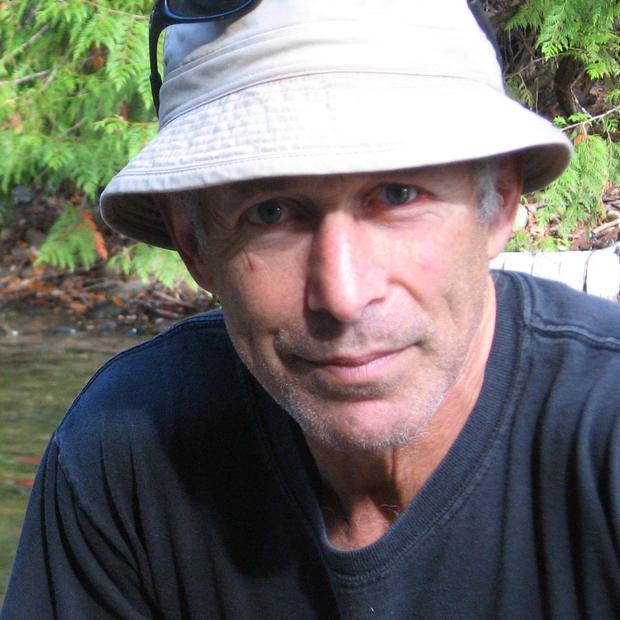Should there be a legislator-constitutent privilege? Sen. Adam Kline thinks so. The state Sunshine Committee disagrees. On Monday (Aug. 31), the Sunshine Committee voted 8-1 to recommend doing away with the provision in the state Public Disclosure Act that declares all written communications to officials at any level of government open to public scrutiny — except communications to state legislators. The idea will presumably be bundled with other committee recommendations and submitted to the Legislature this November. Kline, a Seattle Democrat, was the only member of the committee voting no. 'êI seem to be the lone wolf out there,'ê he says.
The Sunshine Committee was created by the 2007 Legislature at Attorney General Rob McKenna's request, to review exemptions to state public disclosure requirements. Formally the Public Records Exemptions Accountability Committee, it makes annual recommendations to amend or repeal exemptions. Its website notes that when the state Public Disclosure Act was passed — by initiative — in 1972, 'êthe act included only 10 exemptions from disclosure. Today, there are at least 300 exemptions.'ê
We have doctor-patient privilege, attorney-client privilege (self-serving, non-lawyers might say), clergy-communicant privilege (questionable in a nation that forbids establishment of religion). In this state, the 2007 Legislature passed a law that shields journalists from having to reveal their sources in court. Kline was prime sponsor of that shield-law Senate bill. Representative Lynn Kessler, another Sunshine Committee member, was prime sponsor of the identical House version, which became law.
Kline says he asked journalists on the Sunshine Committee 'êwhy [a source's identity] should be confidential to them and not to us.'ê He says he didn't get an answer. 'ê There is no difference,'ê he says. 'êThey admit it by their silence.'ê
Kline readily concedes that some communications from constituents are 'êvenal,'ê but he thinks the public interest in protecting potential whistle blowers outweighs the public interest in exposing people who, say, try to buy votes. Kline reasons that some people who have sensitive information won't come forward if they know their identities can be made public. Is that speculation? Of course, Kline says. But he suggests it is also speculative that the lack of a shield law before 2007 kept sources from communicating with journalists. 'êI feel that those people [who provide sensitive information to legislators] need to be shielded just as they are when they go to a news reporter,'ê he says.
Kline concedes that it makes no sense to protect communications to state legislators but not those sent to elected officials at lower levels. 'êWhy should an informant to a legislator be treated differently from an informant to a city council member or county council member?'ê he wonders. He doesn't have an answer.
Of course, if one shielded communications to officials at all levels, one would be left with very little public scrutiny — which is hard to advocate but which would hardly be the end of the world. After all, have 37 years of open government taken the money out of politics? Have they given the average voter a greater sense that state government really does belong to the people?
Kline says that if the loss of legislative privilege comes bundled with other recommendations, he won't oppose the whole package, just the specific provision. But oppose it he will. He promises, 'êI'm going to lead the charge against it.'ê



